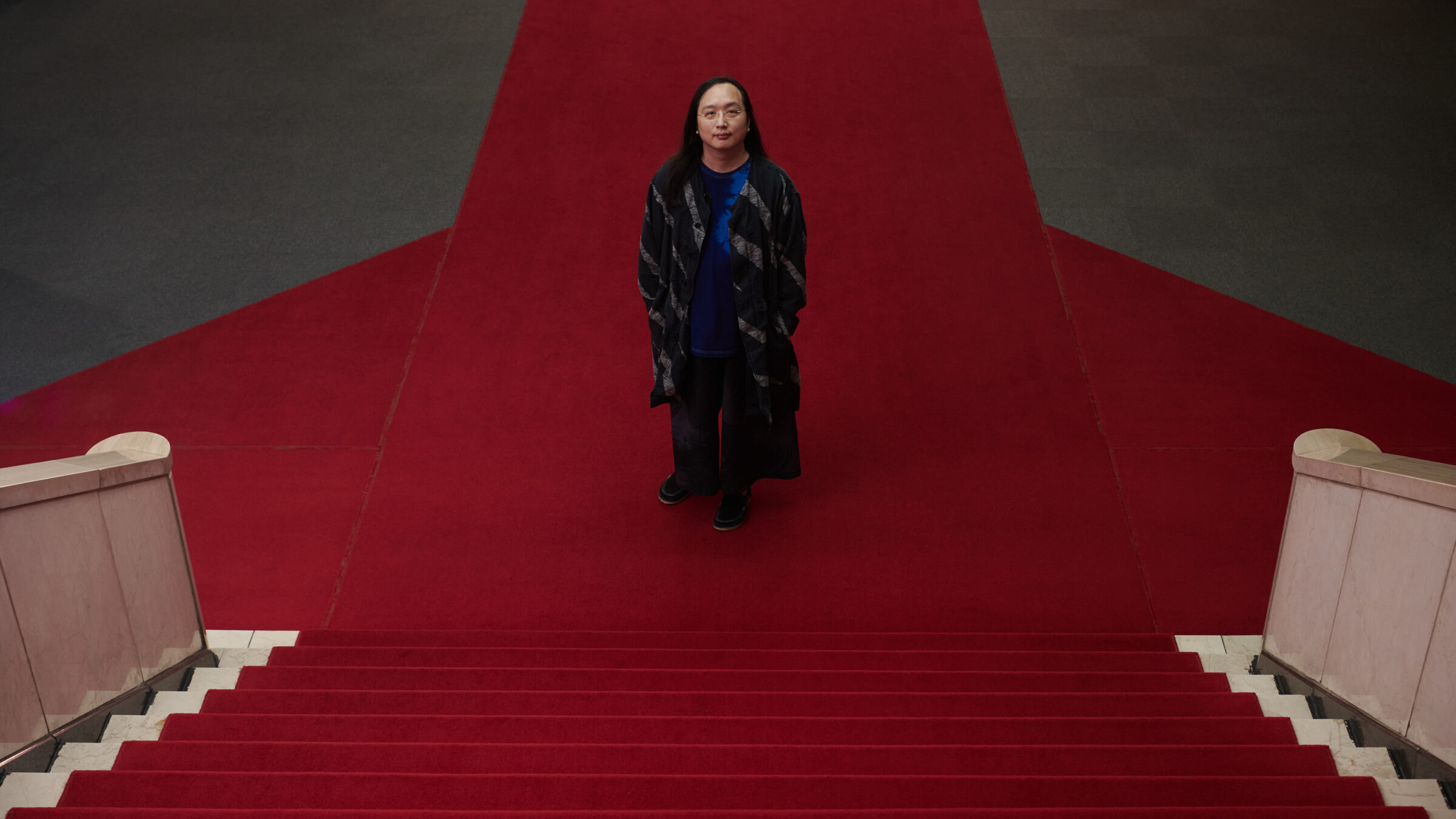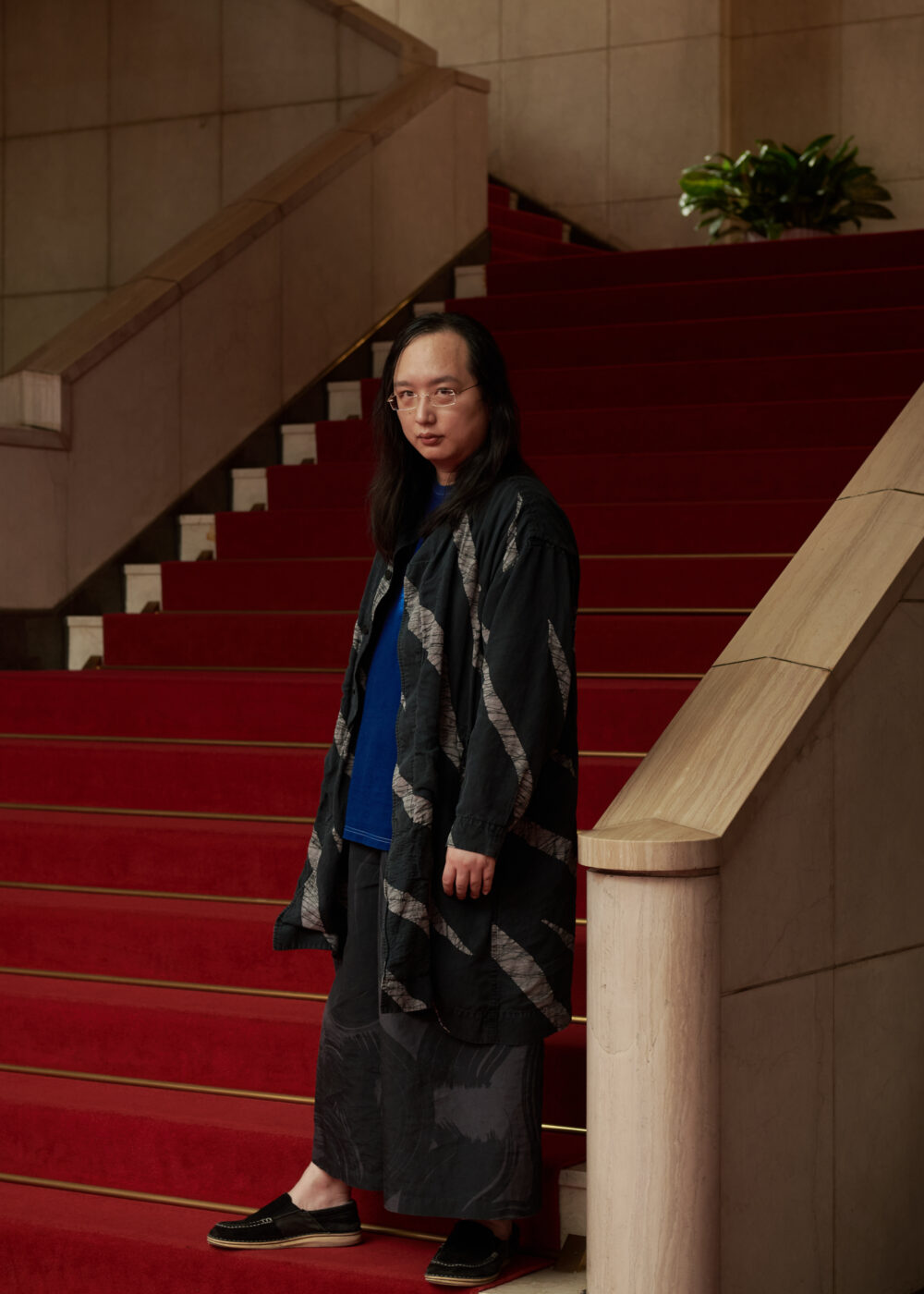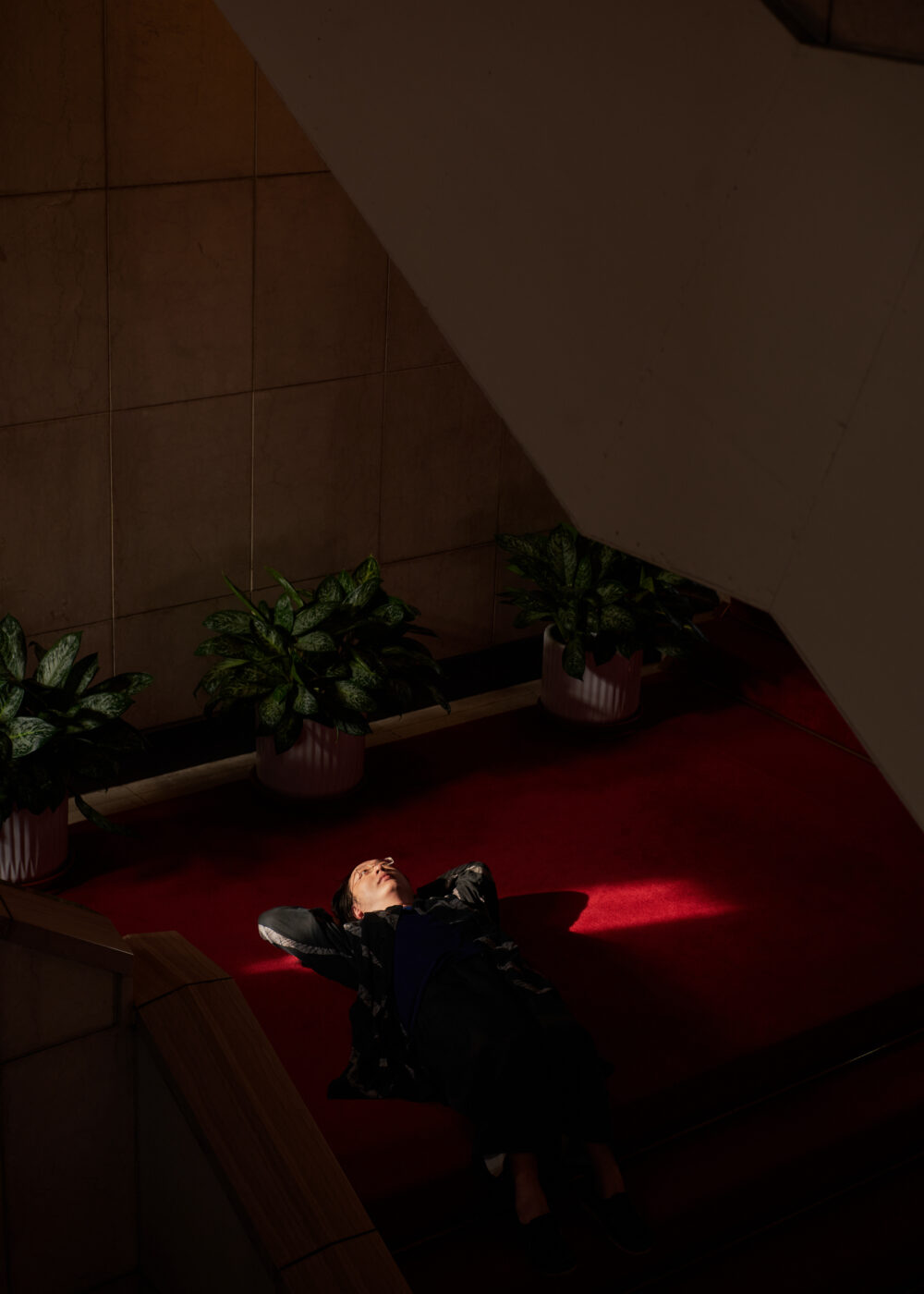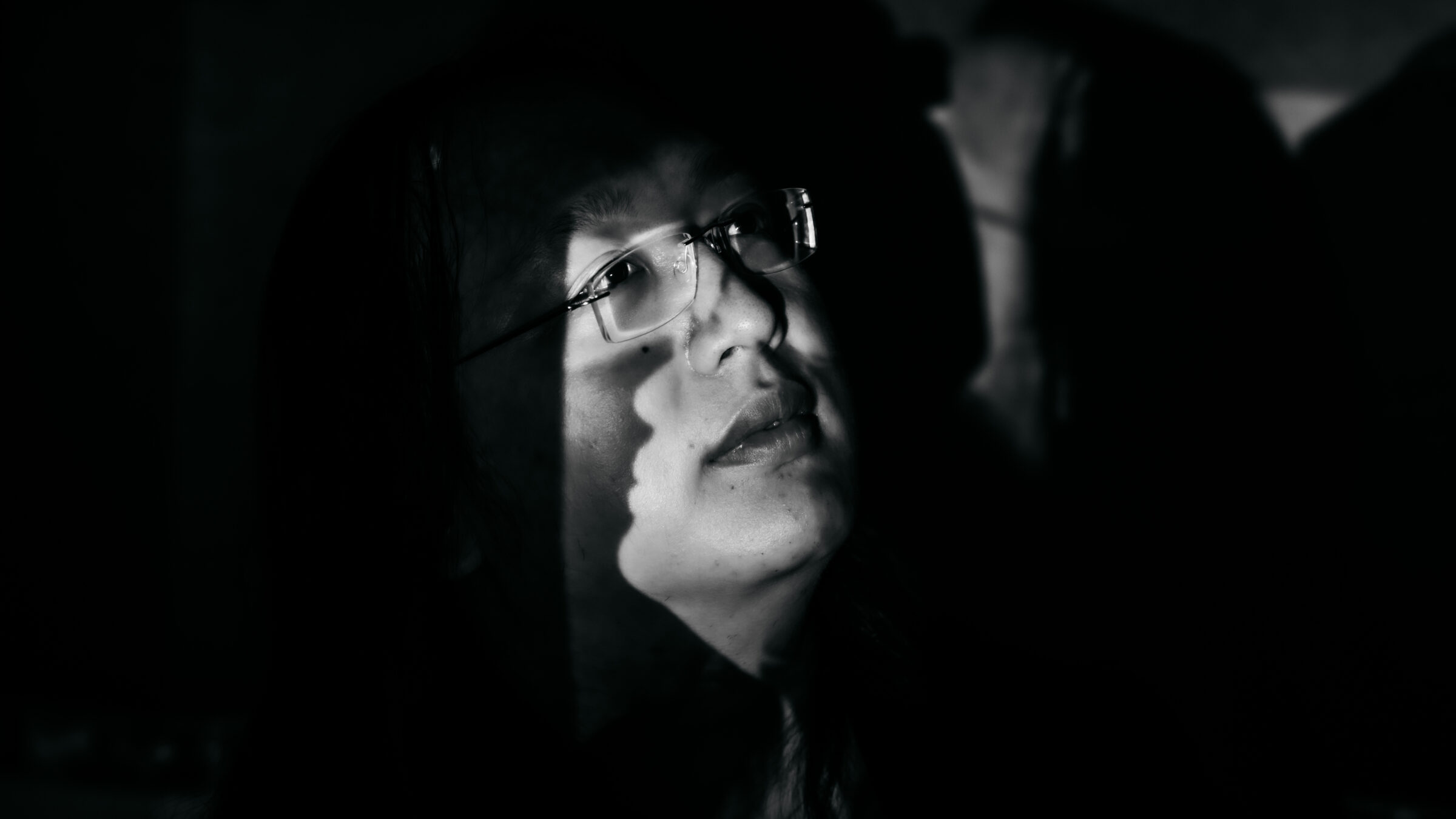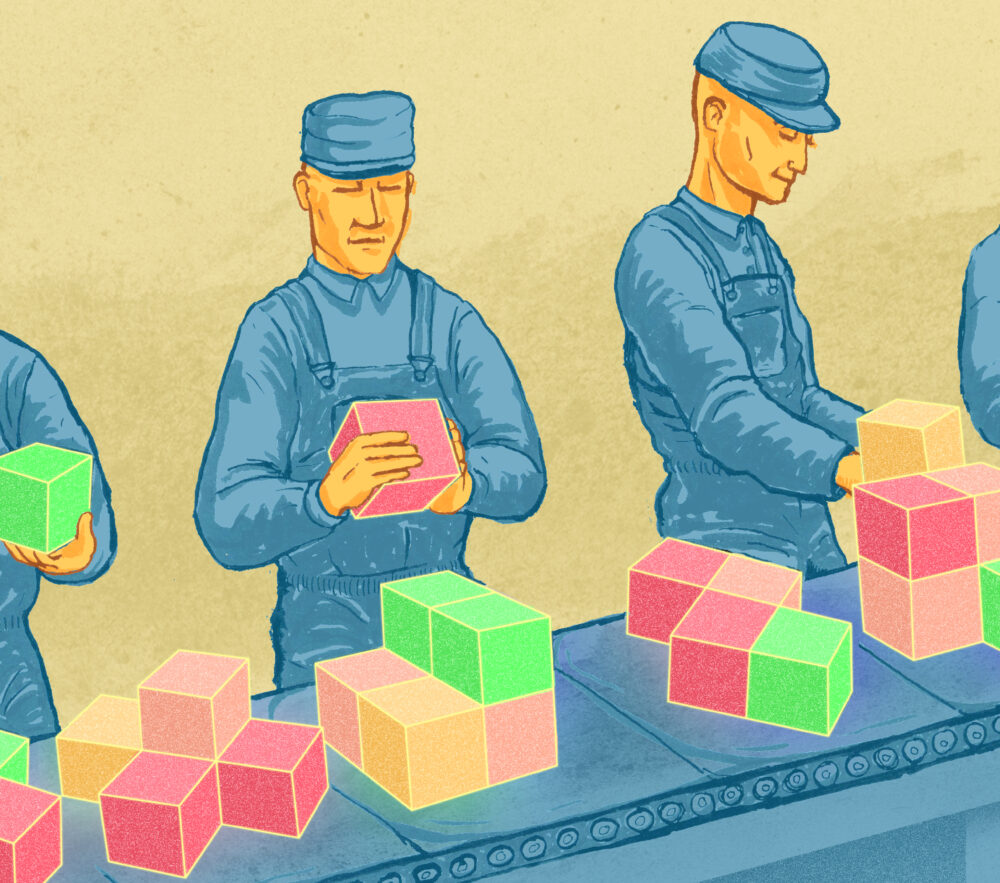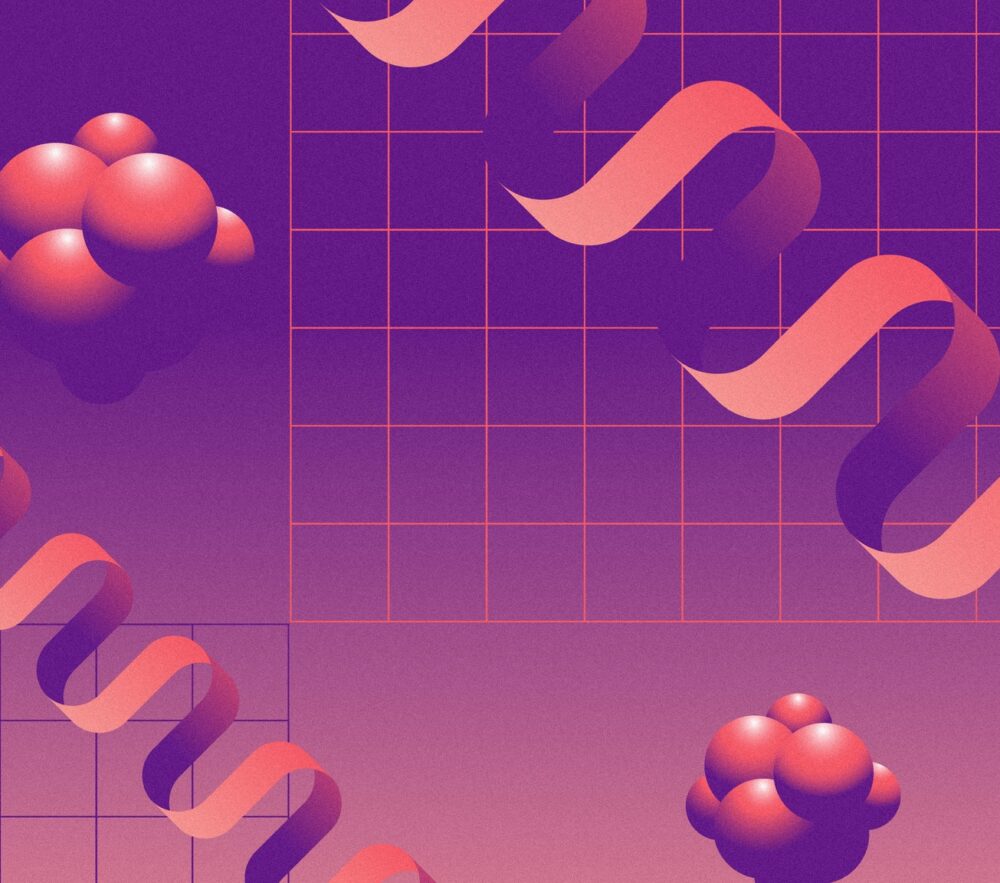Audrey Tang served as Taiwan’s first Digital Minister from 2016 to 2024. We spoke with her because few articulate more clearly the power of technology as a force for good. Because we believe in ideas and in sharing knowledge broadly. And because voices like hers deserve to be heard – especially by those in power in Europe.
This interview bridged 14.000 kilometres of space. High-speed internet, which in Taiwan is a human right, linked both locations, transmitting video and audio in real time. Audrey opened with »good local time«, capturing technology’s power to expose distance, and closed with »live long and prosper«, reminding us that we’re all in this together.
Yet today the internet – and increasingly technology itself – is seen more as democracy’s divider than unifier. One case in point is Romania’s 2024 presidential election, which was annulled after an influence campaign exploited 25.000 TikTok accounts to promote far-right candidate Călin Georgescu.
Openness itself has come under attack.
»During the pandemic, a lot of people experienced a trade-off between liberal democracy and health«, Audrey told me. »Many states regressed in terms of assembly, freedom of speech, and democratic control. We’re seeing that trend accelerate with polarising, nationalistic forces taking power. Defending against external pressure has become more important than global democratic collaboration.«
